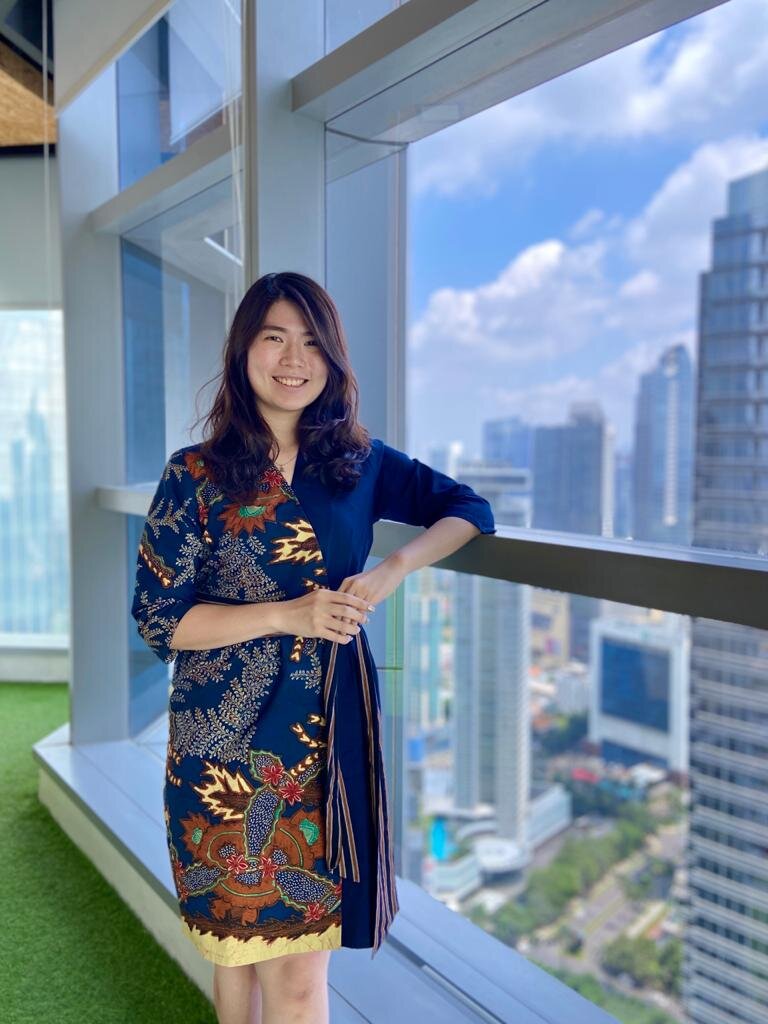Partner at East Ventures
In the Indonesian venture capital world, Melisa Irene is a welcome anomaly for two reasons: she is one of the first women Partners in South East Asia, but also among the youngest in the region to reach this position, at only 25.
The year Irene graduated, “disruptive innovation” was rampant in Jakarta. Venture capital firms mushroomed and Tokopedia, today Indonesia’s first online marketplace, became the first tech enterprise in Southeast Asia to secure a US$100 million investment, the largest round of funding in Indonesian startup history. It was East Ventures who five years earlier, provided the tech unicorn its first injection of funds – it was also the VC firm’s first investment.
Irene did not have any investment experience nor digital industry knowledge when she obtained her first full-time job at East Ventures in 2015. But she wanted to be part of the massive digital transformation that her country was undergoing. She was soon involved in the largest exit deal of the firm, when Grab acquired East Ventures-backed startup Kudo for US$100 million. It didn’t take long before she was appointed Partner and was the first woman to hold this high-ranking position in the firm, a position that most people don’t reach until their 30s or later.
Unlike other early-stage investors championing women empowerment, East Ventures adopts a gender-agnostic posture in its investment strategy, promoting entrepreneurial innovation beyond any form of discrimination, either negative or positive. East Ventures also shows gender diversity in their portfolio enterprises, that is considered good by the standards of the global VC industry. The share of women founders remains at a low 10% but Irene witnesses a continuous improvement. In the latest four deals she managed at the firm, all the enterprises had a woman in a leadership position. If there is much room for further advancement, Irene considers that an overfocus on the gender-lens tends to divert people from the roots of the problem – socio-cultural or economic inequalities. For her, gender equality should be achieved through meritocracy, not by “pitying” women.
A lot of traditional gender-based roles and inequalities are correlated with social and economic deprivation. “If you are able to develop a product that touches upon the life of people who live on $2 a day, it is inherently impactful” she explains. Gender equality could be promoted through a more intersectional approach. In Irene’s words, “to impact the small fisherman’s wife, think first about how to improve the livelihoods of people in fishing villages and the rural populations”.
Irene’s view on the gender-lens is the embodiment of a generation that prioritizes an all-inclusive development, rather than focusing on gender-based investment strategy. In 2007, when Tokopedia’s founder William Tanuwijaya first pitched his project, he was told that there were no local success stories in Indonesia to justify investment in his business. With East Ventures, the backer of 4 unicorns and 170 startups, Irene has already co-written plenty of them and is eager to build more stories that will also include women. If the Indonesian female-led unicorn is yet to come, it is a much needed success story in the startup world. Irene might be the one who will help fix this other anomaly, so that it becomes the norm.





